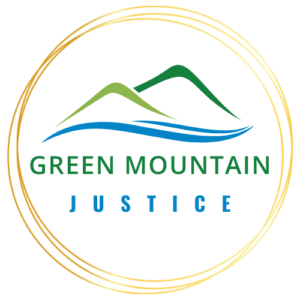Collaborations
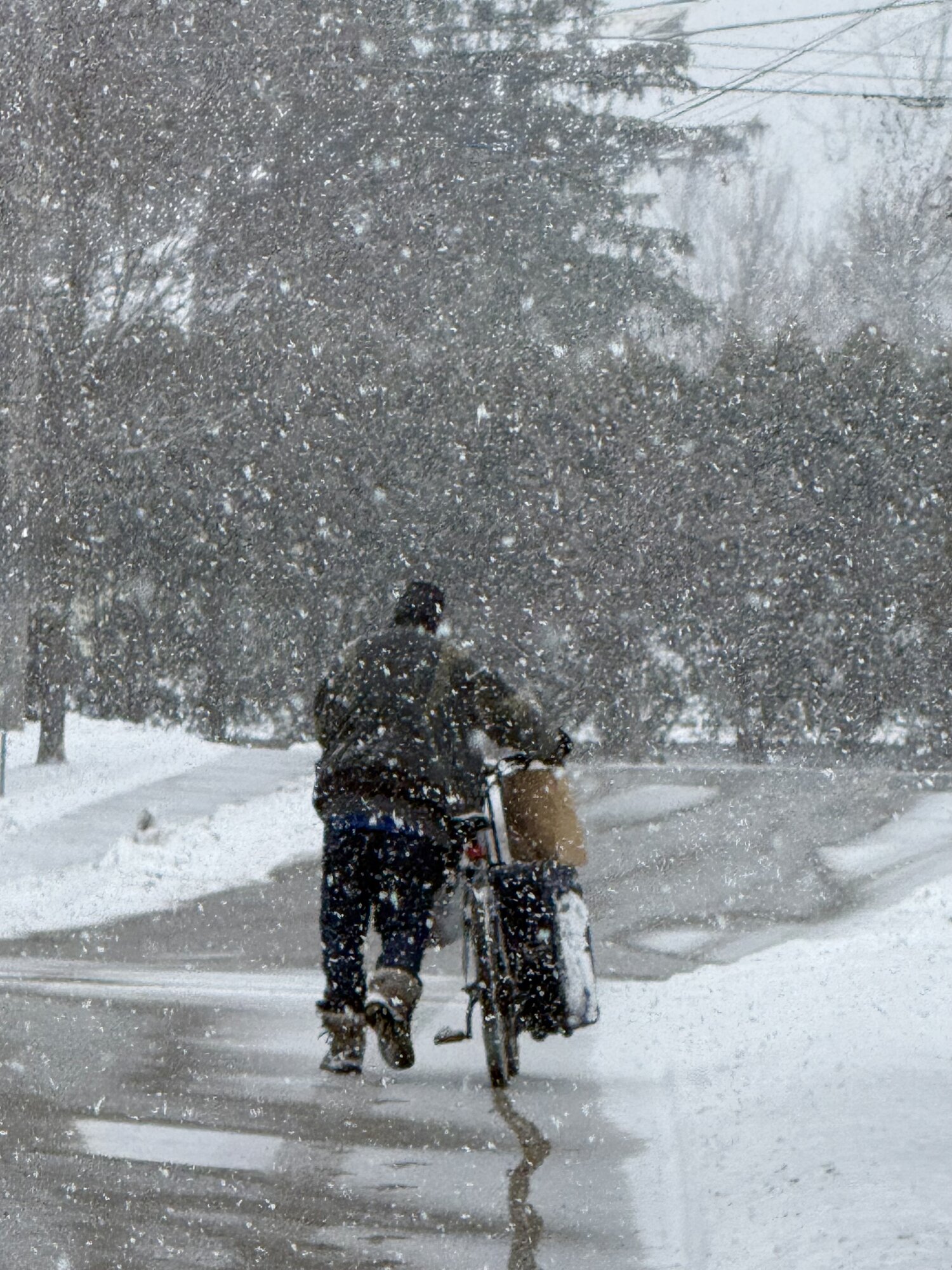
If you ask marginalized neighbors, they will tell you that today’s status quo systems of care are failing. In some cases, they are breaking because they are overburdened. Some care systems are poorly engineered, serving the systems’ administrators more than the people they claim to serve. And other systems were deliberately constructed to enfranchise the privileged and disenfranchise who they view as “others.” Addressing systemic marginalization is complex work. Green Mountain Justice believes that systems will only work justly when their design and operation center the needs of those they are constructed to support.
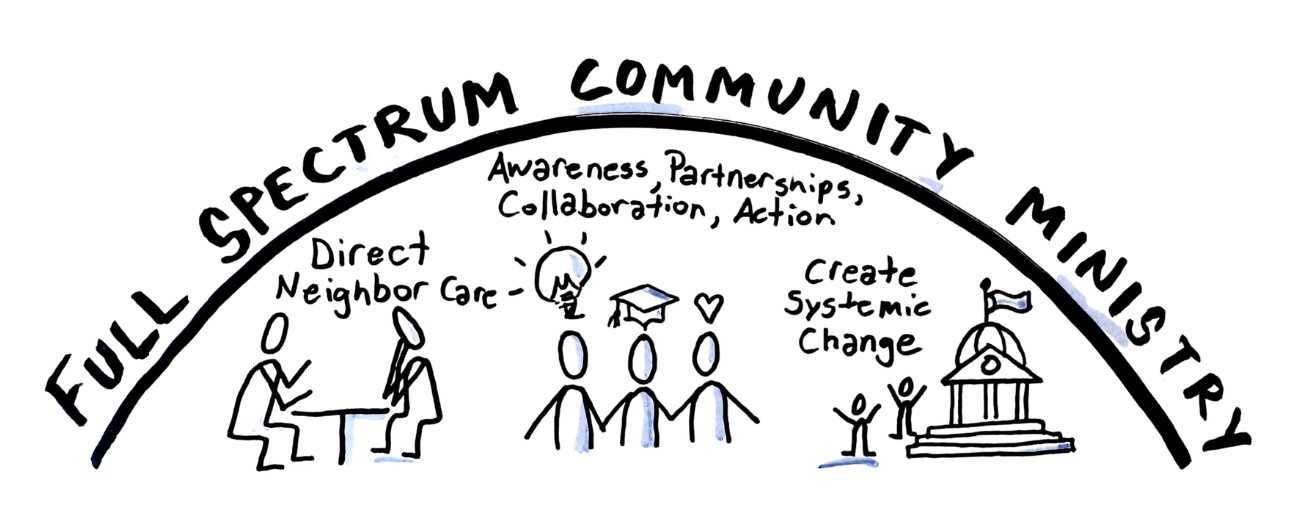
What most non-profits refer to as “programs,” Green Mountain Justice calls collaborations. And we build collaborations one connection, one relationship at a time, across a full spectrum justice ministry. We collaborate with those most committed to dismantling harmful systems and creating equitable, just ones that improve the lives of our marginalized neighbors and enable beloved community. This is hard work. History shows that most privileged folks enfranchised in the status quo prioritize their comfort above the needs of the disenfranchised. Bending the arc of that history more toward justice will require love-centric values, courage, a transformative spirit, and a coming together of justice-seekers committed to change.
Green Mountain Justice’s Neighbor Care Ecosystem
Neighbor Care
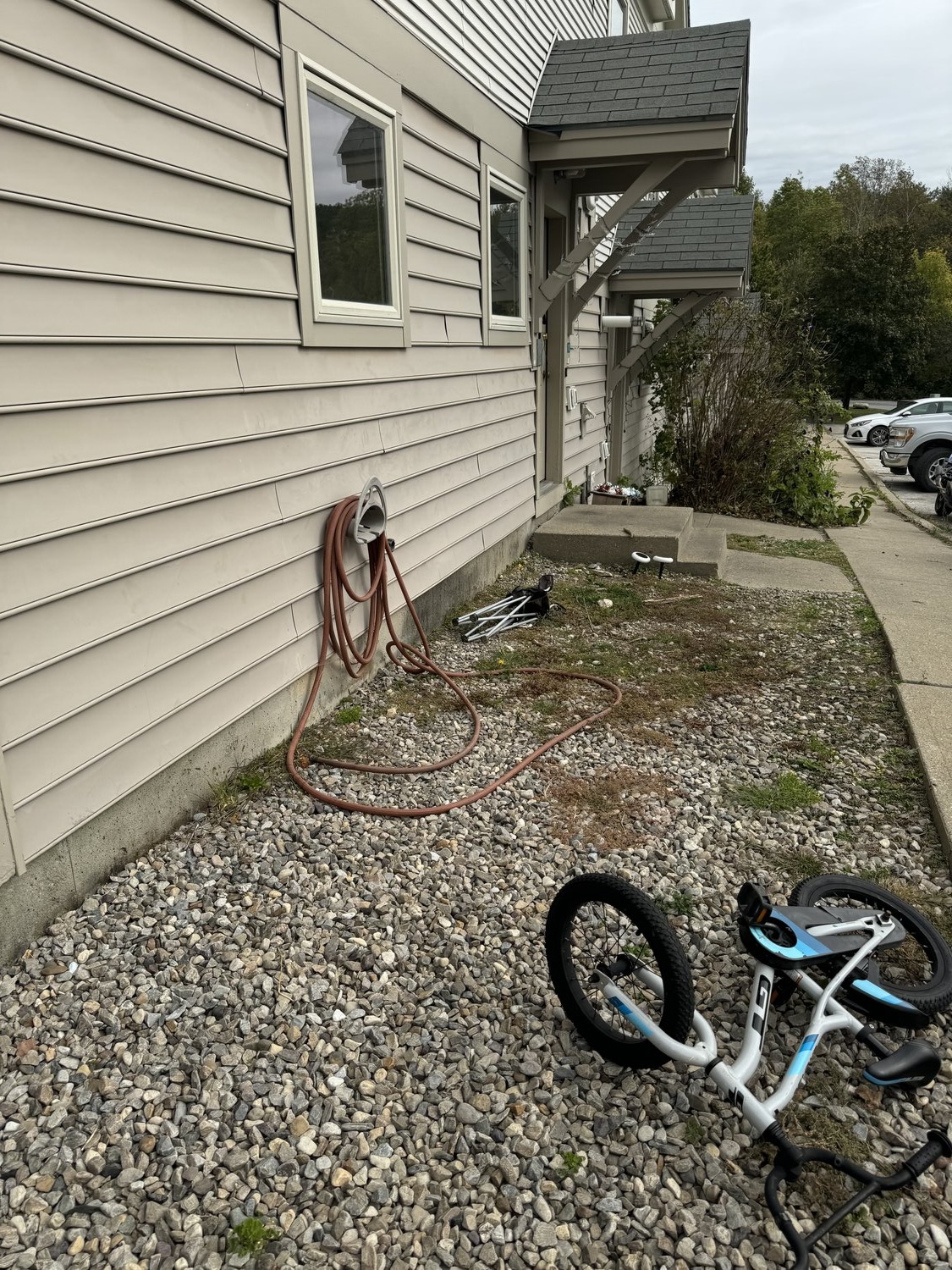
Green Mountain Justice catches neighbors who are falling through the cracks. We create relationships that honor their humanity and equal opportunities to thrive, help connect them with services that meet their needs, and advocate for transformation to improve their lives. We see it every day: families and individuals just trying to survive the intersecting forces of impoverishment, trauma, health challenges, substance use disorders, racism, and other oppressions. Green Mountain Justice steps into those intersections with our neighbors. We help with some practical shortfalls by assisting with rent, groceries, transportation expenses, kids’ clothes, a meal, or something else. We listen closely and systematically assess our neighbors’ needs. We open connections for them to benefit from the compassionate services of our many community partners. As we come alongside our neighbors in need with holistic, integrated care, we always prioritize our relationships with those we serve and partner above the bureaucratic, transactional aspects of our interactions.
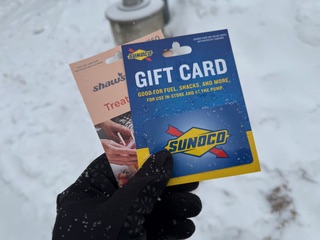
Being available, fully present, and relational, with resources and collaborative partners, we try to (re)instill a sense of dignity in the daily lives of our marginalized neighbors, whose needs and inherent worthiness are always centered in our work for justice. Your donations to Green Mountain Justice help us sustain this work, making you an essential partner in transforming lives for the better.
Neighbor Care Neighbors
Our Neighbor Care Neighbors (NCN) program is the heart of Green Mountain Justice’s relational approach to community care. Rather than operating through impersonal systems, we carefully curate a network of volunteers who understand that true support comes through authentic human connection.

Our NCN volunteers undergo thoughtful training in active listening, cultural humility, and trauma-informed care. We prioritize relationships above bureaucratic interactions, helping to (re)instill dignity while centering the needs and inherent worthiness of our marginalized neighbors. They build authentic relationships, provide emotional support during difficult times, connect neighbors with our extensive network of community partners, and offer practical assistance when needed—ensuring no one faces their struggles alone.
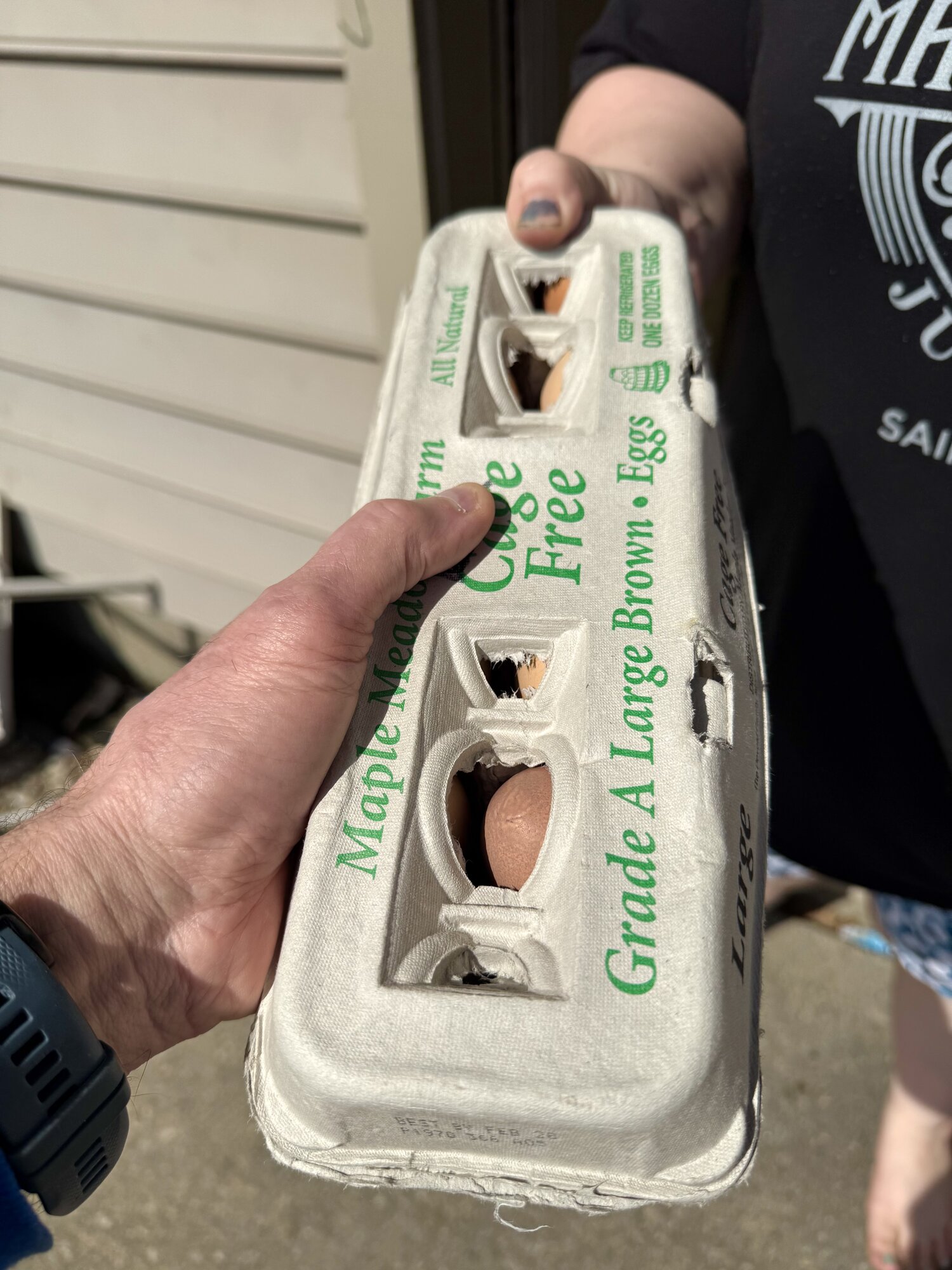
This isn’t charity work—it’s justice work. By getting proximate to those who are suffering, our Neighbor Care Neighbors gain insights crucial for transformation and co-liberation. They embody our core values of interdependence, love, and generosity while building the beloved community where everyone’s voice matters.
This calling isn’t for everyone, which is why we curate our volunteer network mindfully. If you’re drawn to ending relational poverty and isolation while potentially making a profound difference in someone’s life, reach out to us to learn more about our next training session.
Neighbors’ Table
In stressful and divisive times, we need spaces where we can connect authentically with one another. The GMJ Neighbors’ Table is our answer—a nurturing “third space” that’s not home, not work, but somewhere we can come as our full selves and know we belong.
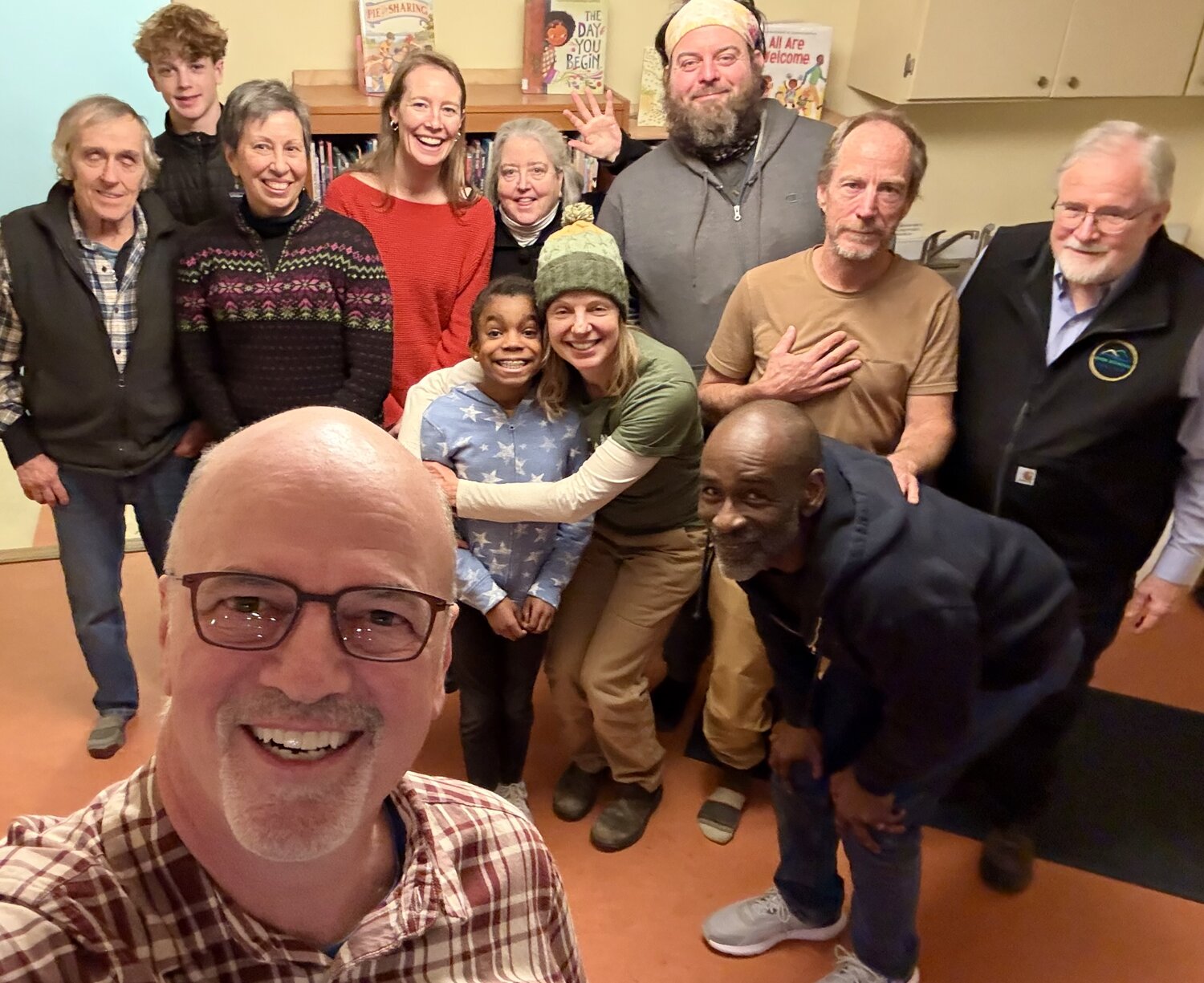
Designed especially for neighbors whose voices are too often unheard, the Neighbors’ Table centers the needs of those facing life’s greatest challenges while creating space for authentic connection through mutual care, deep listening, and beloved community. This gathering is where we practice the heart of Green Mountain Justice: ensuring every neighbor feels truly valued, heard, and held.
We prioritize the wisdom and experiences of those most affected by injustice and inequity through our “third space” methodology—a welcoming environment that brings neighbors of all walks of life into meaningful relationship. We create space where neighbors can share struggles, celebrate victories, and offer each other practical and emotional support.

Whether you’re someone navigating life’s challenges or someone called to walk alongside others in solidarity, you belong at our table. Every voice matters, every story has value, and together we’re building beloved community one conversation, one connection, one caring act at a time. For information about upcoming gatherings, contact us or follow our updates on the Caring & Connecting page.
Voices from the Edge Podcast Series

At Green Mountain Justice, we believe that real change happens when we stop talking about people and start talking with them. Featured on Vermont Public’s Vermont Edition in November 2025, Our “Voices from the Edge” podcast series lifts up the stories of disenfranchised Vermonters whose experiences are too often overlooked or misunderstood—neighbors who are living a precarious existence, struggling with housing and food insecurity, working essential jobs for wages that don’t cover basic needs, and navigating systems that seem designed to keep them out rather than help them succeed.
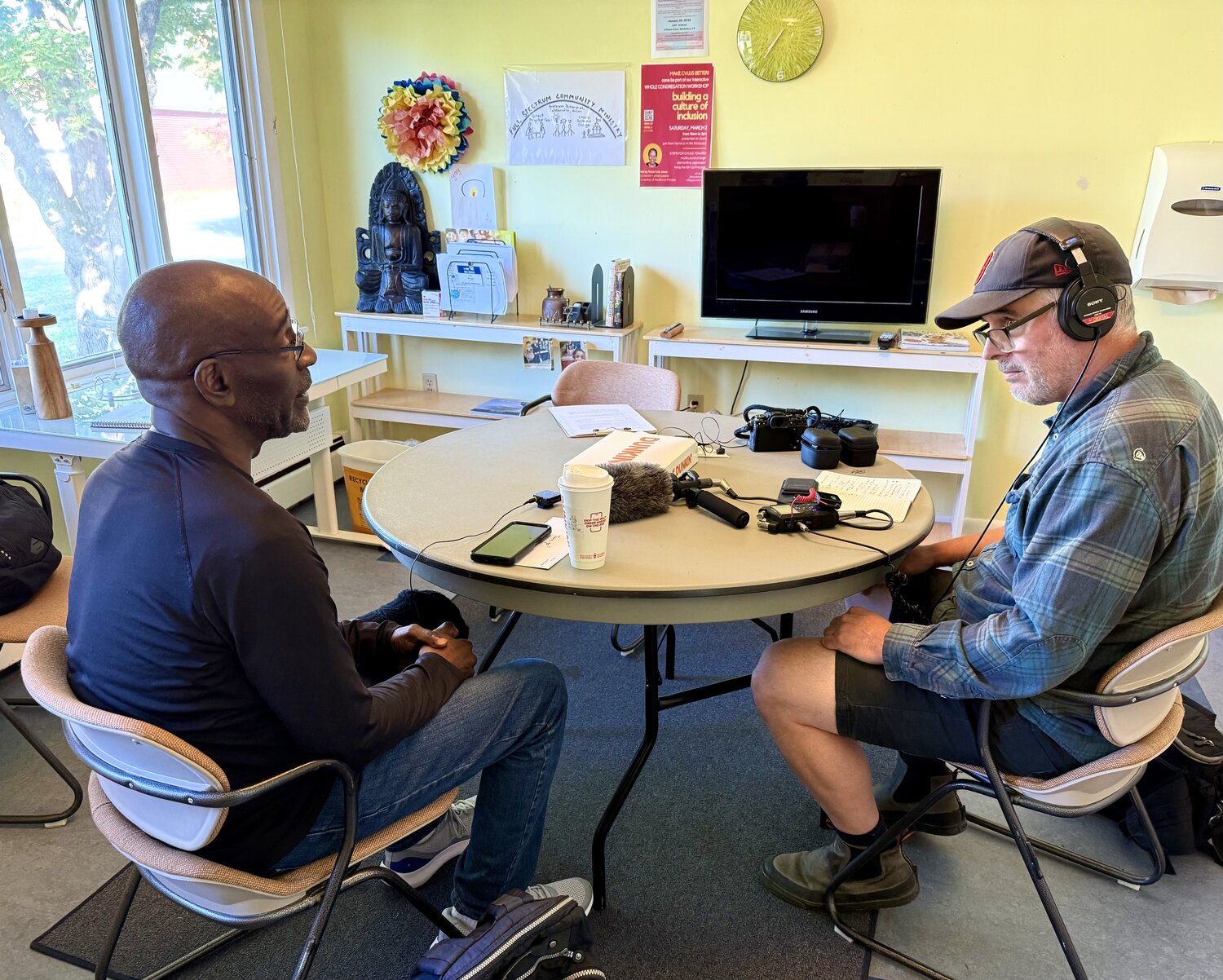
Through intimate conversations, this series reveals the impossible contradictions our neighbors face: a working mother who fought for nearly two years to secure stable housing while raising three children and volunteering as an EMT; a veteran navigating racism and systemic barriers while experiencing homelessness; and a couple who fell from middle-class stability into sleeping under bridges after health crises devastated their finances. These are hardworking people earning too much to qualify for assistance yet too poor for housing, essential workers who serve our community daily while fighting for their own stability, and resilient individuals whose stories challenge our assumptions about poverty, homelessness, and what it means to belong in Vermont.
Produced by the amazing storyteller Corey Hendrickson, each episode drops every month from September 2025 through February 2026, offering a chance to truly listen to the lived experiences of our neighbors and discover our collective power to create meaningful change. Because transformation isn’t just personal—it’s communal, and it starts with the simple, revolutionary act of listening.
Vermont’s Extreme Cold Weather Shelter Program
As thousands of Vermonters lack stable housing, and Vermont’s shelter system is full. Hundreds of our neighbors are forced to sleep outside or in their vehicles every night in brutal, dehumanizing winter conditions.
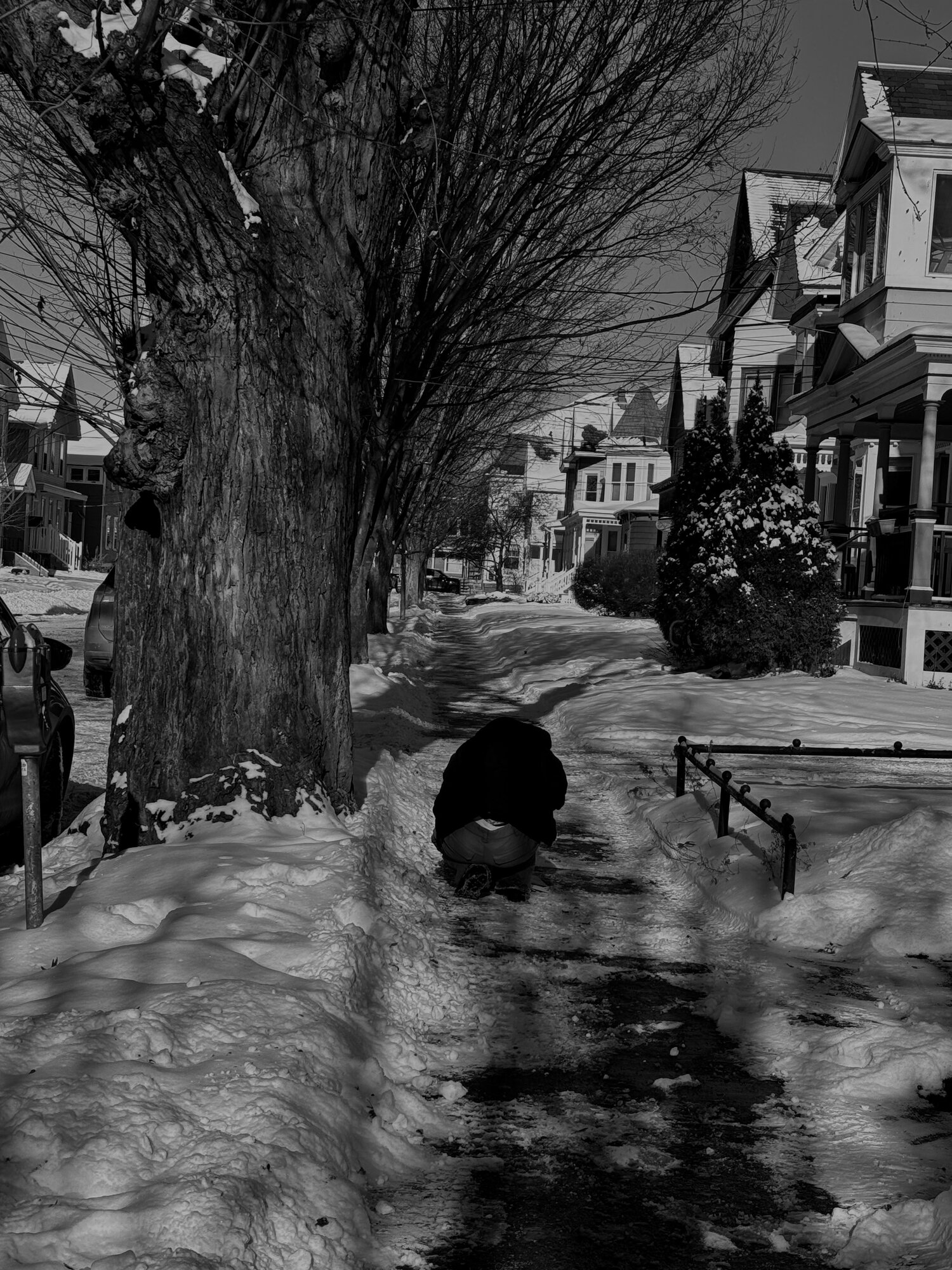
Green Mountain Justice is proud to partner with Vermont Interfaith Action (VIA) in administering Vermont’s Extreme Cold Weather Shelter Program (ECWSP) this winter. Through this program, we organized to provide over 200 warm, safe beds hosted by community shelter providers during periods of extreme cold in Bennington, Burlington, Newport, Rutland, Barre, Montpelier, and Brattleboro.
GMJ provides operational guidance and support to community shelters statewide. We also co-produced the analysis that enabled the state to lower the activation threshold from -10°F to 0°F windchill. This means communities can open shelters sooner, protecting more neighbors on more nights.
This collaboration embodies our full-spectrum approach: Care through dignified, trauma-informed emergency services. Connect through relationships between faith communities, service providers, and neighbors. Collaborate through coordination with VIA, DCF, and community partners statewide.
Let us be clear: as long as any of our neighbors are forced to sleep outside, there is no justice. The ECWSP does not solve homelessness. But through this work, we enable care that protects lives, connection that restores dignity, and collaboration that builds community capacity for lasting change.
Vermonters in need of shelter can call 2-1-1.
Warmth & Dignity Campaign: A Collaboration Across Communities
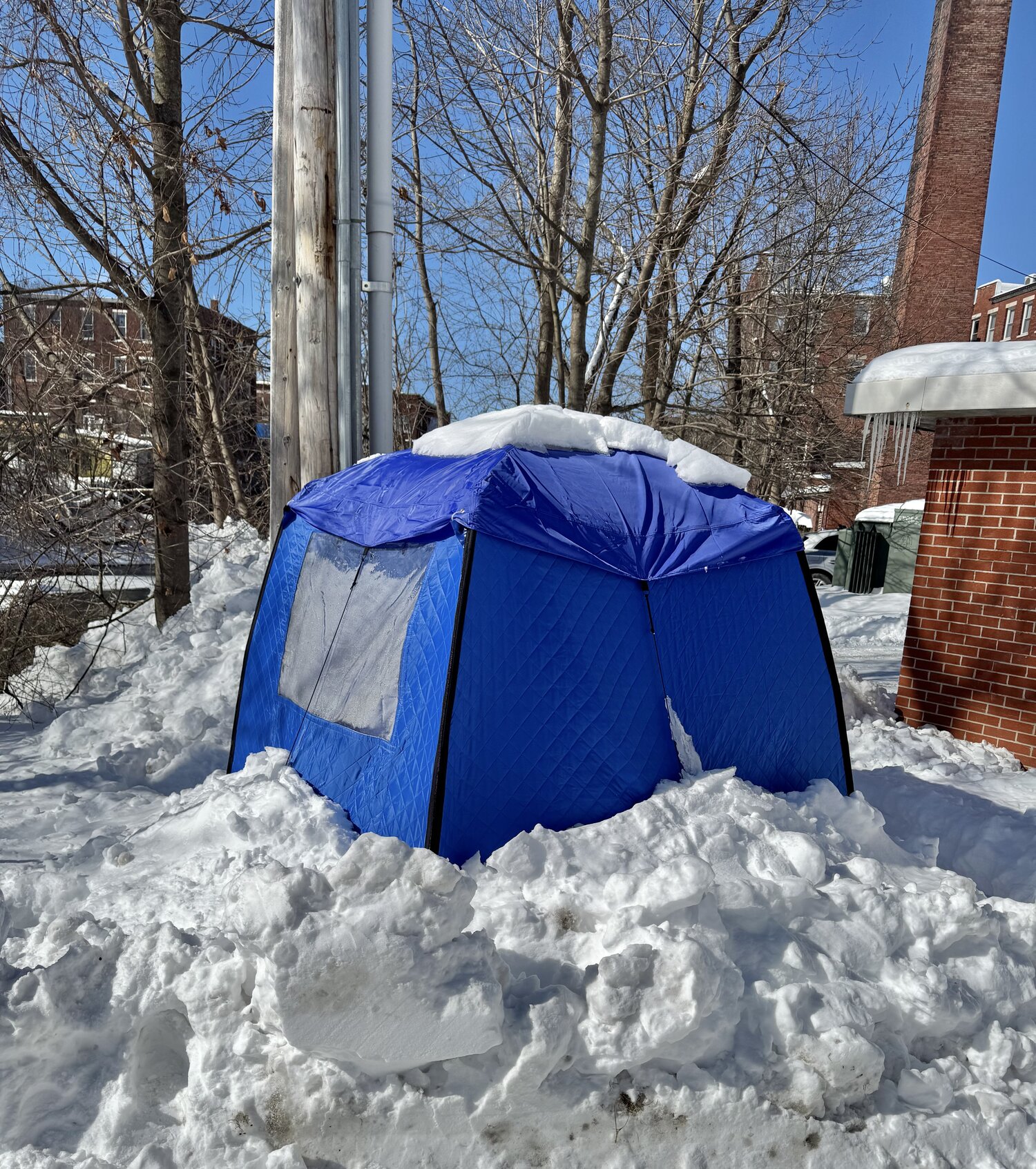
The numbers tell a story Vermont can’t ignore. Vermont has one of the highest homelessness rates in the United States. Every shelter in our state is full. The state’s motel shelter program operates at near capacity. As mentioned above, the Emergency Cold Weather Shelter Program will provide 200+ more beds statewide—but only when temperatures plummet to 0°F WC. That means hundreds of neighbors, including families with children, remain outside even on the coldest nights. For 97-107 nights of Vermont’s 122-day winter season, those emergency shelter doors stay closed while people face dangerous cold.

The Warmth & Dignity Campaign puts GMJ’s mission into action: Care. Connect. Collaborate. **We’re providing complete care and relationship packages to our unsheltered neighbors—an EMPWR Coat ($150/ea.), a grocery card, and connection through our Neighbor Care network of relationships and support. This package offers life-saving warmth, nourishment, and ongoing dignifying connection. But here’s where collaboration becomes transformation: Every EMPWR Coat is manufactured by formerly homeless parents through the Empowerment Plan in Detroit, Michigan. These aren’t just jobs—they’re pathways. The Empowerment Plan provides living wages, on-site childcare for employees’ children, job training, and real pathways from homelessness to stability.
When you invest in an EMPWR care package through Green Mountain Justice, your act of generosity acknowledges the inherent worthiness of every neighbor and the interdependence between two communities. As one unhoused Vermont neighbor said: “When you’re sleeping outside, you’re not just cold—you’re invisible. This coat says someone sees and cares about me.”
Advocacy
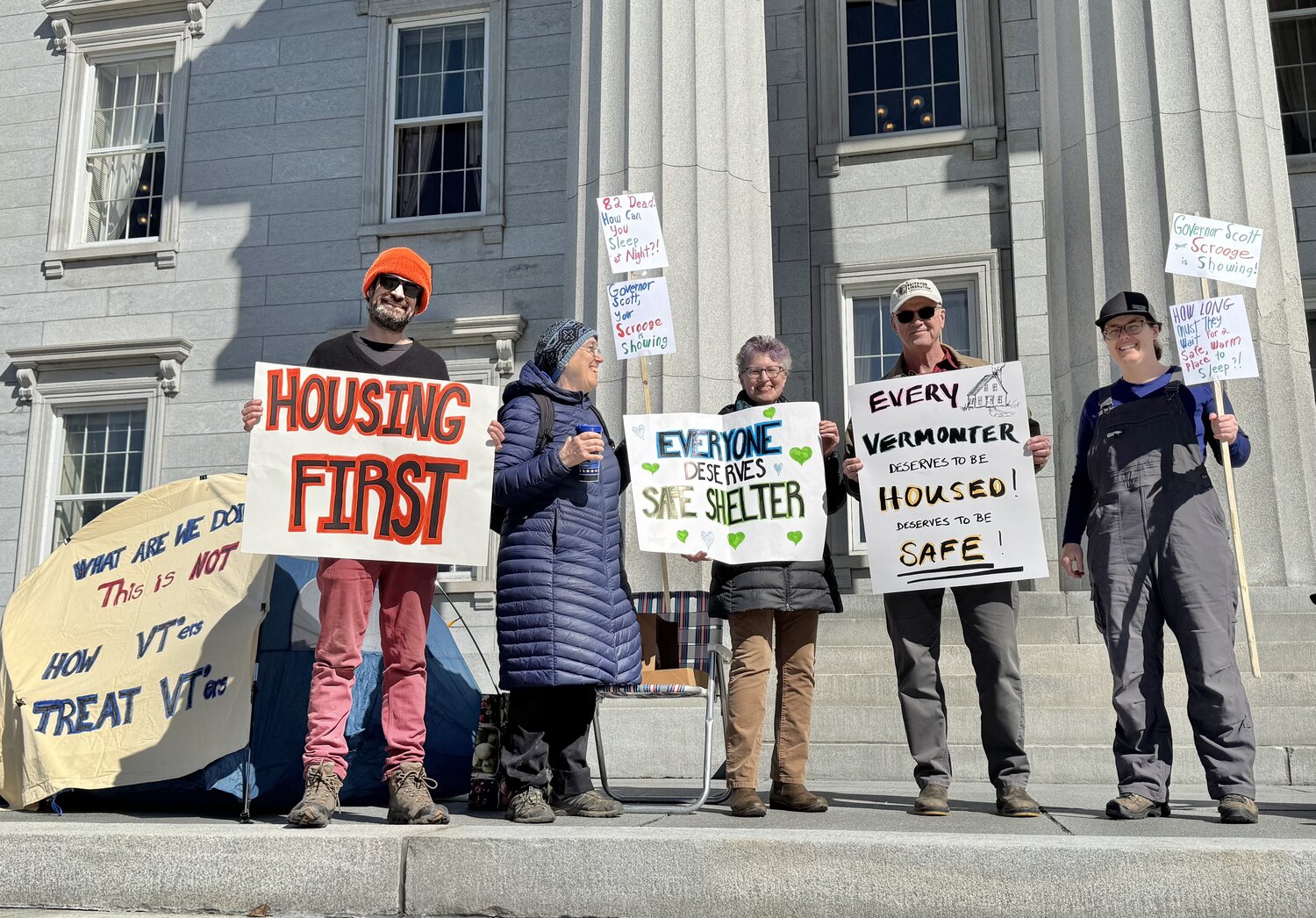
For Green Mountain Justice, advocating for unity, freedom, equity, and justice for all starts with having relationships with neighbors who embody the results of division, servitude, inequity, and injustice. We are present to advocate for and with every neighbor in our network of care. We also arm communities with information they can use to engage and work with their policy and decision-makers to bring about generative change. Policies and decision options often look different from the perspective of a neighbor who has been the victim of inequitable, unjust conditions. So we help organize and mobilize communities interested in ensuring the voices and needs of the marginalized are centered in those policies and decisions.
Stay informed on opportunities to advocate through our Caring & Connecting page. And reach out if you or your organization would like to partner on efforts to create systemic change.
Freedom & Unity: Voices from Our Community
Green Mountain Justice partners with the Addison Independent newspaper in Vermont’s Champlain Valley in their “Freedom & Unity” editorial series, amplifying diverse voices on justice, equity, and interdependence in our communities. This award-winning collaboration showcases perspectives from neighbors who are often marginalized—including those experiencing homelessness, poverty, mental health challenges, and systemic oppression.
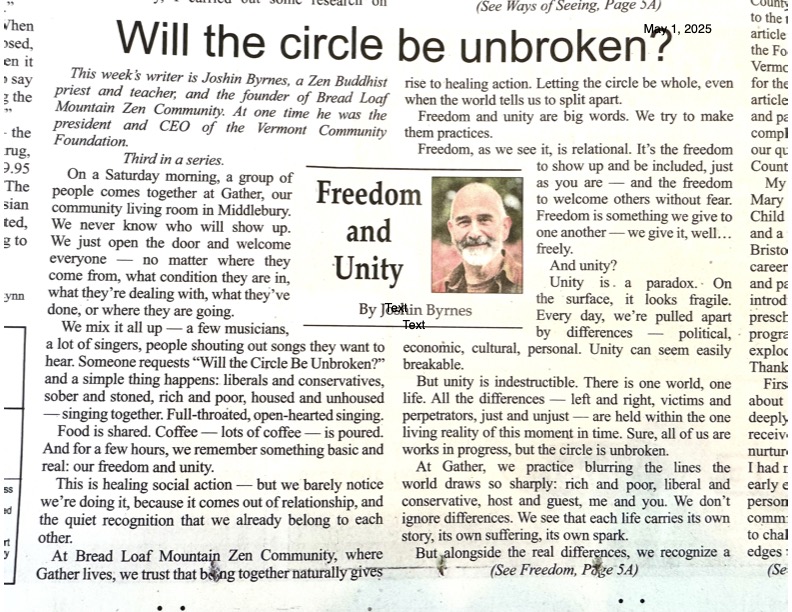
Recent contributors include neighbors in recovery, advocates working in rural communities, and those with direct experience of homelessness and intersectional marginalization. These authentic voices demonstrate that those most affected by injustice hold crucial insights for transformation and healing.
Queerly Beloved
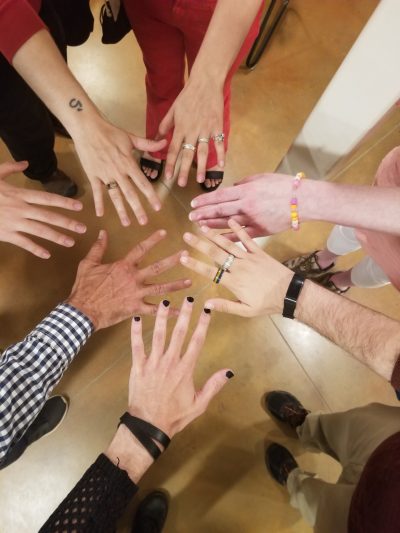
In collaboration with one of its core partners, Turning Point of Addison County, Champlain Valley Unitarian Universalist Society (CVUUS) launched “Queerly Beloved,” an addiction recovery group centered on the needs of our community’s LGBTQIA+ members in the Summer of 2024. It meets at CVUUS regularly. TPAC has expressed its gratitude for CVUUS’s generosity in providing such a safe, welcoming space for connection among queer community members who do not feel safe in mixed-gender meetings.
If you are an LGBTQIA+ neighbor looking for connection and community that values your inherent worth and dignity, or you are an ally looking for ways to support our beloved LGBTQIA+ neighbors, please reach out to us for details on how to join Queerly Beloved.
Education Around Power, Privilege, and Justice
Supporting education that integrates theoretical and applied knowledge to create equity and justice, Green Mountain Justice is honored to collaborate with Middlebury College and the Privilege & Poverty (P&P) program in its Center for Community Engagement (CCE). P&P is a learning community that brings classrooms and communities together to address the causes and consequences of poverty, and cultivate lifelong ethical participation in society. P&P connects learning in the classroom to learning in the community, informed and enriched through our sustained, collaborative relationships with community organizations and coalitions, along with our collaborations with other institutions of higher education. We put learning to work to address the causes and consequences of economic inequality.
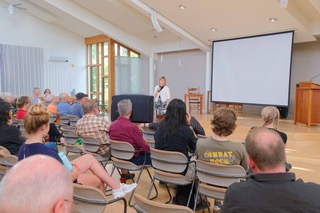
An example of a successful CCE P&P collaboration is the Clifford Symposium series, which in 2024 was entitled “Home: Housing and Belonging in Middlebury and Beyond.” For the first time, part of the symposium took place at Champlain Valley Unitarian Universalist Society (CVUUS). CVUUS hosted a “connection & action” lunch as well as filmmaker Bess O’Brien and a screening of her documentary Just Getting By.
